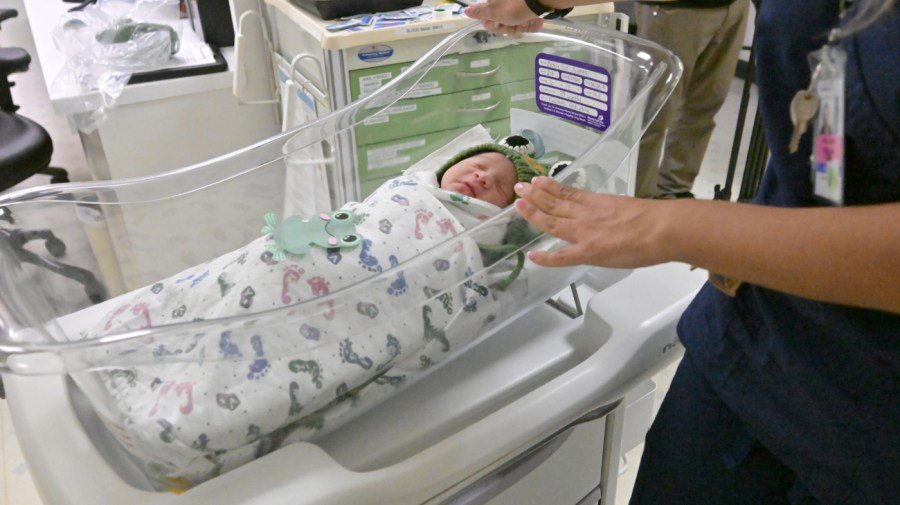
My labor and delivery of my first daughter — with no complications — cost $18,515.38. This did not include the nearly $65,000 it cost for the 13 days my daughter spent in the NICU after being born prematurely at 34 weeks. Although I was thankful to have adequate health insurance coverage that bore the bulk of the financial burden, this is not the reality for many Americans.
Maternity care in the U.S. is very expensive, with the average cost of giving birth around $19,000. Even for families like mine, who have the benefit of private insurance, the cost of birth can be several thousand dollars.
As my husband and I found out, first-time parents and mothers with births that require additional medical interventions for unforeseen events, like a premature child, are even more susceptible to the costs of a broken medical system. These costs are even higher for women with high-risk pregnancies or who experience any number of complications during pregnancy or birth.
According to the Commonwealth Fund’s 2024 Biennial Health Insurance Survey, “nearly one in four U.S. adults have health coverage all year but are underinsured.”
Adding this underinsured population to those who are completely uninsured or who experienced gaps in coverage, the Commonwealth Fund found that only 56 percent of Americans, barely half, have adequate health insurance coverage.
The other 44 percent face high out-of-pocket costs and deductibles, forcing many, including pregnant mothers, to forgo needed medical care or take on significant medical debt.
These high costs deter women from seeking or obtaining the necessary prenatal and postpartum care, which can lead to life-threatening situations for both mothers and children.
The maternal mortality rate in the U.S. has been on the rise, with the cost of maternity care being a significant contributing factor. Given that childbirth is the number one reason for hospitalization in the U.S, this is more than a little concerning.
As I prepare to welcome my second child into the world in a few short months, I find myself empathizing with the millions of uninsured and underinsured pregnant mothers.
If any of these women find themselves in a similar situation to my first daughter’s premature birth, or face any number of far more serious complications, they would be left to drown beneath the waves of medical debt. Even routine labor and delivery costs are far too great a burden for these women and families to bear.
The costs of a broken health care economy should not pose a barrier to women who want nothing more than to grow their families. And given the rapidly falling total fertility rate in the U.S., we should be empowering women who want children.
Experts debate over why the birth rates are at record lows, but all they have to do is take a look at women’s hospital bills to understand what may be contributing to the problem. In the face of often insurmountable costs, how can women who want to have children feel empowered?
The answer? Make birth free.
Recently, federal legislators introduced a bill that would help make this possible: the Supporting Healthy Moms and Babies Act. Although women’s health care is rarely bipartisan, both sides of the political aisle are supporting this bill, which would eliminate copays and deductibles for prenatal, childbirth, neonatal, perinatal and postpartum health care.
Although there is no panacea for the unique and beautiful challenges of having children, addressing the broken financial state of childbirth for women is the right start and a cause all Americans can get behind.
By working to make birth free and removing financial barriers to prenatal and postpartum treatment, women will be able to get the necessary care, improving their overall health and safety and giving their children a stronger start in life.
Now is the time for us to invest in healthy mothers and a thriving next generation. Now is the time to make birth free.
Danielle Pimentel is a mother and policy counsel with Americans United for Life.






